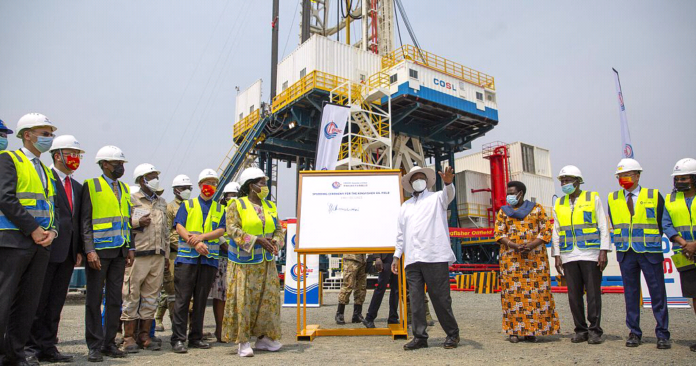The EITI report reveals that a mere 20 mining companies out of 558 active license holders accounted for an astonishing 98.82% of the UGX 202 billion in mining revenues during the reporting period. These companies, each contributing at least UGX 6 billion, play a crucial role in bolstering Uganda’s national coffers through taxes levied on the extraction and export of key minerals such as limestone, iron ore, pozzolana, and gold.
While the surge in revenue is commendable, the report also highlights persistent transparency gaps. Discrepancies between production data reported by the Directorate of Geological Surveys and Mines (DGSM) and the Uganda Revenue Authority (URA) raise concerns about the accuracy of reported figures. Gloria Mugambe, head of Uganda’s EITI Secretariat, noted that verifying data with companies has been challenging due to incomplete submissions.
The government’s ongoing struggle with contract transparency further complicates matters. The EITI report indicates that Uganda has not fully disclosed contracts with mining and oil companies, which is essential for ensuring accountability and curbing corruption in the sector. As Uganda aims to enhance its extractive sector’s contribution to economic development, addressing these transparency issues will be critical for sustainable growth.
























